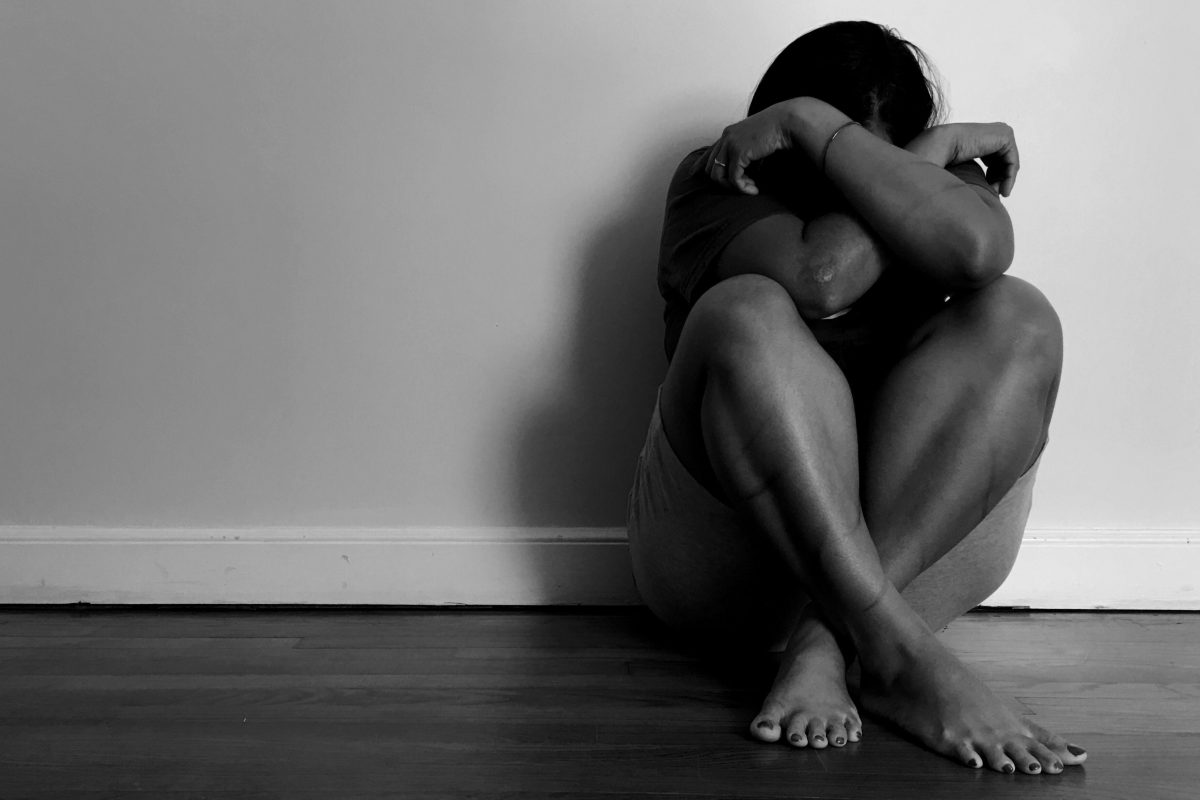A disheartening new report from the World Health Organization reveals new information on the rate of violence against women across the globe, and the results prove what many of us probably already suspected: violence against women is extremely common. While most women have been aware of this, to some extent or another, for the vast majority of our lives, the WHO study now has the numbers to prove it, revealing nearly one out of every three women globally have experienced physical and/or sexual violence at some point in their lives.
Of this mass display of violence, the majority takes place between intimate partners, or people in relationships, according to the study. The report, which compiled data from at least 158 countries analyzing violence against women and girls over the age of 15, determined intimate partner violence to be the most prevalent form of violence experienced by women, affecting approximately 641 million women and teenage girls worldwide. Moreover, this violence often begins at a young age: the survey found 25 percent of young women who have been in a relationship have been the victims of violence by an intimate partner by their mid-20s.
“The results paint a horrifying picture,” WHO Director-General Tedros Adhanom Ghebreyesus told reporters. “An estimated 736 million women — almost one in three women globally — have suffered intimate partner violence, sexual violence from a non-partner — or both — at least once in their lives.”
While those numbers are devastating enough, experts believe the estimate probably falls short of reality. It’s no secret that women who report abuse, particularly sexual violence, face an extreme level of stigma and scrutiny that likely prevents many survivors from coming forward at all. Additionally, the WHO report also noted that the rates of violence against women would likely increase significantly had the survey included other forms of violence beyond physical and sexual abuse, such as online abuse or sexual harrassment.
Meanwhile, the survey only examines data between the years of 2010 and 2018, meaning the increase in domestic violence and abuse reported throughout the COVID-19 pandemic is not reflected in the WHO report.
Despite the disheartening results, Ghebreyesus remains hopeful. “This is an old problem, but we can change it,” he told reporters. “We can all speak up to say the violence against women is never acceptable.”
Thanks for reading InsideHook. Sign up for our daily newsletter and be in the know.

















